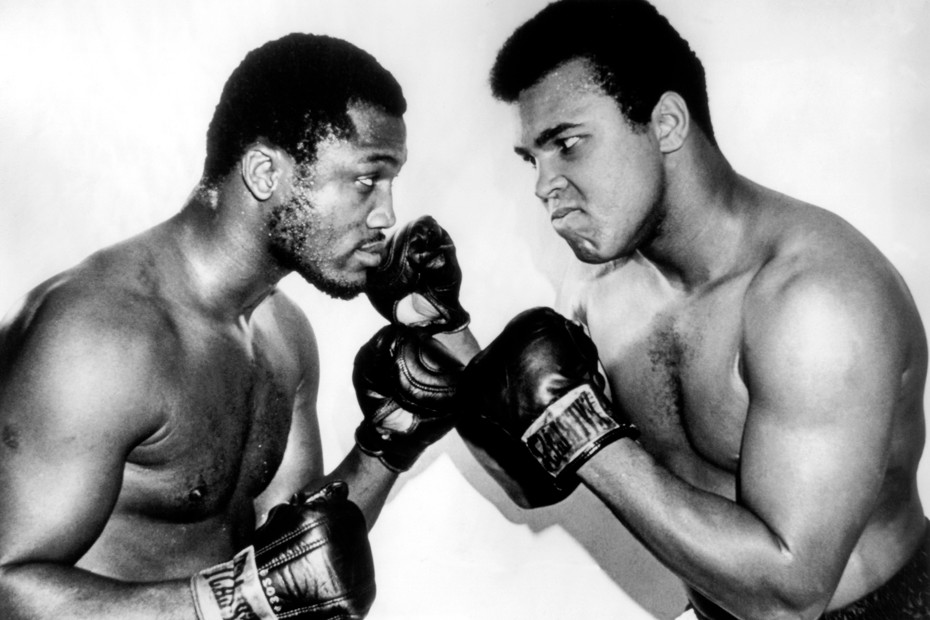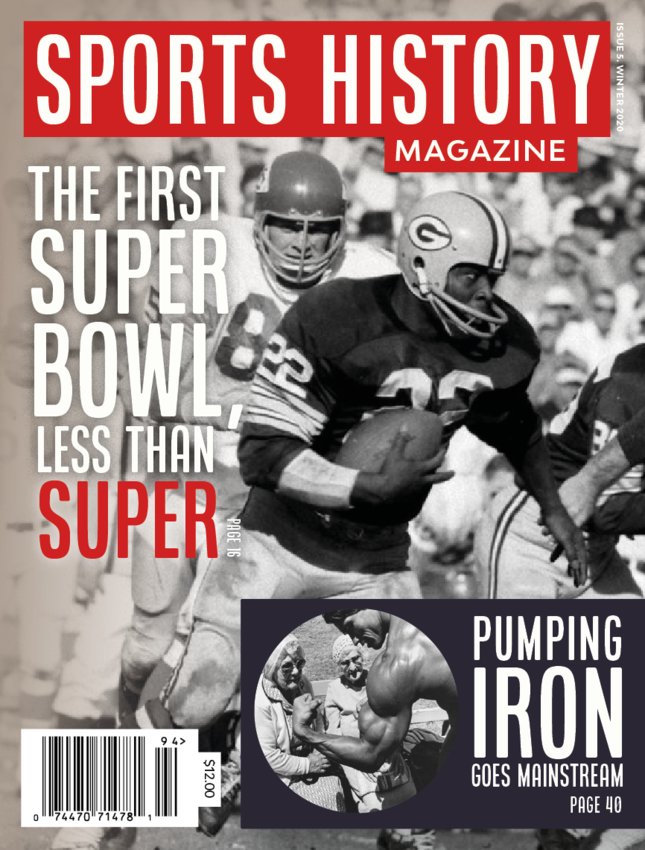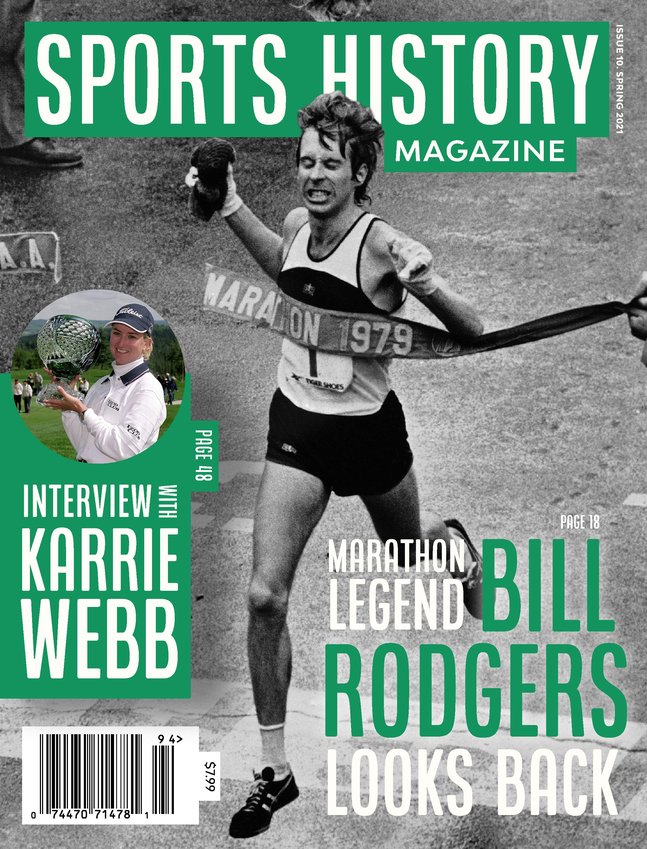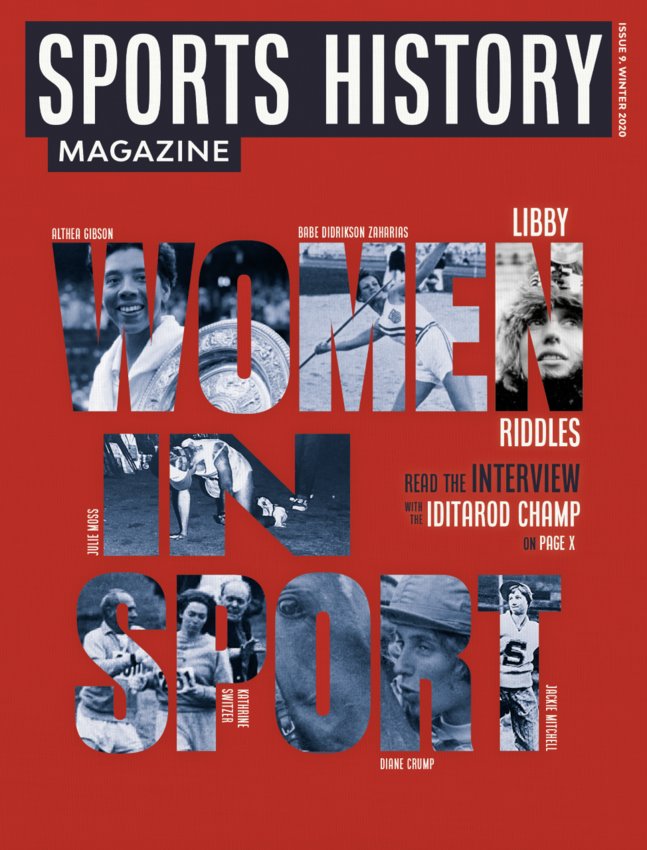Ali & Frazier- More Than Boxing Rivals
36 years ago this month, rival ring masters Muhammad Ali and Joe Frazier retired from professional boxing. Surprisingly, the prize fighting duo, whose mutual enmity was legendary, shared similar milestones and parallel lives that were overlooked or under-appreciated by fans.
Ali fought and lost his last bout on December 11th, 1981 against Canada’s Trevor Berbick. A week earlier, Frazier had closed out his fisticuff years with a draw against Floyd Cummings.
During their careers, the two pugilists met three times in the ring- 1971, 1974, 1975- in a boxing trilogy that was followed by millions around the world.
The first encounter, dubbed “The Fight of The Century”, saw Frazier claim the championship distance of 15 rounds with a unanimous decision; it was Ali’s first professional loss.
The next fight witnessed a more aggressive Ali unleash a barrage of punching flurries that served to avenge his initial loss. This time, it was “Smokin’ Joe” who suffered only his second professional defeat.
The Ali-Frazier fascination culminated in the epic “Thrilla in Manila” where the rhyming and ranting former Cassius Clay emerged winner in the 14th round. At the end of their boxing saga, Ali walked away with a 2-1 record over his opponent.
Between their fights and in later years, Ali and Frazier’s relationship would be defined by verbal jabs and open mockeries, punctuated by the occasional reconciliation and good will. All of this was voraciously consumed by the public.
On a 1974 ABC Wide World of Sports show, the men scuffled on stage following an argument. The display was as much a prefight promotion as it was the bubbling of raw feelings.
Twenty-two years later when Ali lit the flame at the 1996 Olympics, his hand violently shaking from Parkinson’s disease, Frazier remarked that he should have fallen into the cauldron and if he had the chance, he would have pushed him in himself.
Born Capricorns only 2 years apart, the young men grew up under the shadow of segregation in the 1950’s South- Ali in Kentucky, Frazier in South Carolina. They both had their own ways of dealing with the racism of the day.
The latter hopped on a bus as a 15-year old and headed north, settling in Philadelphia. The former became politically charged, then switched his religion and changed his name.
As teenagers, the glove-swinging athletes would lay claim to multiple amateur titles. Clay won 6 Kentucky Golden Gloves championships and Frazier took 1 Philadelphia and 3 Middle Atlantic Golden Gloves titles; Clay would also go on to win 2 national crowns.
Their amateur careers climaxed with the Olympics. Clay grabbed the light-heavyweight gold medal at the 1960 Olympics in Rome. Four years later, Frazier followed with first place at the 1964 Games in Tokyo.
As their professional careers advanced, there wouldn’t be a single heavyweight who could outbox them both. Ali engaged in more fights and wrapped up his record with only 5 losses (56 wins); Frazier retired with only 4 losses (32 wins).
Settled in retirement, the celebrated fighters now watched their daughters take up the boxing mantle. In 2001, Laila Ali met Jackeline Frazier in the first pay-per-view boxing card to be headlined by women.
Laila defeated her counterpart with a majority decision in the 8th round; she closed out her career 24-0. Jackeline ran with only 15 professional fights and stepped out 13-1-1.
Jacqueline’s only loss? against the daughter of her father’s nemesis.
Muhammad Ali, Joe Frazier, Laila Ali










